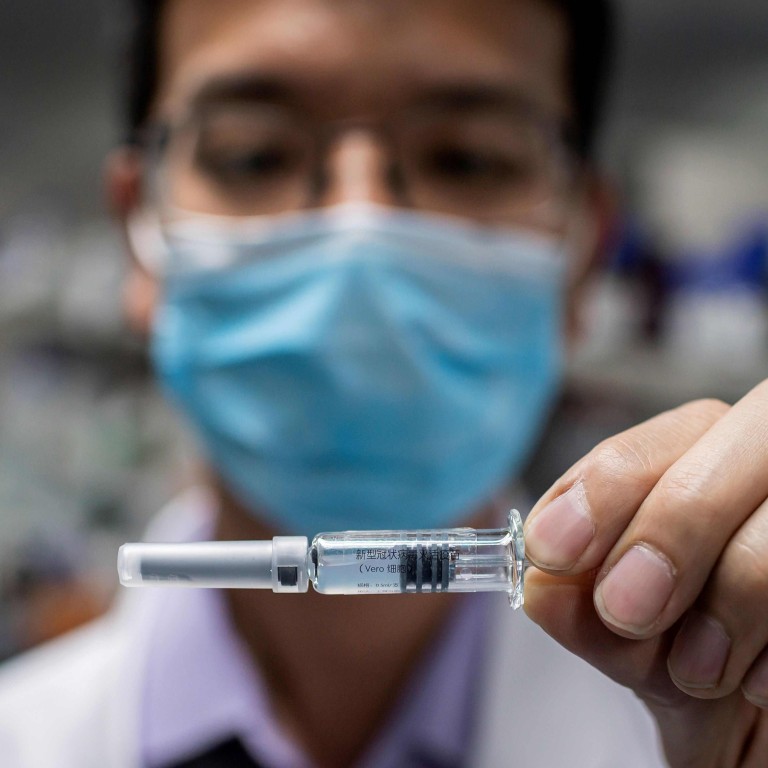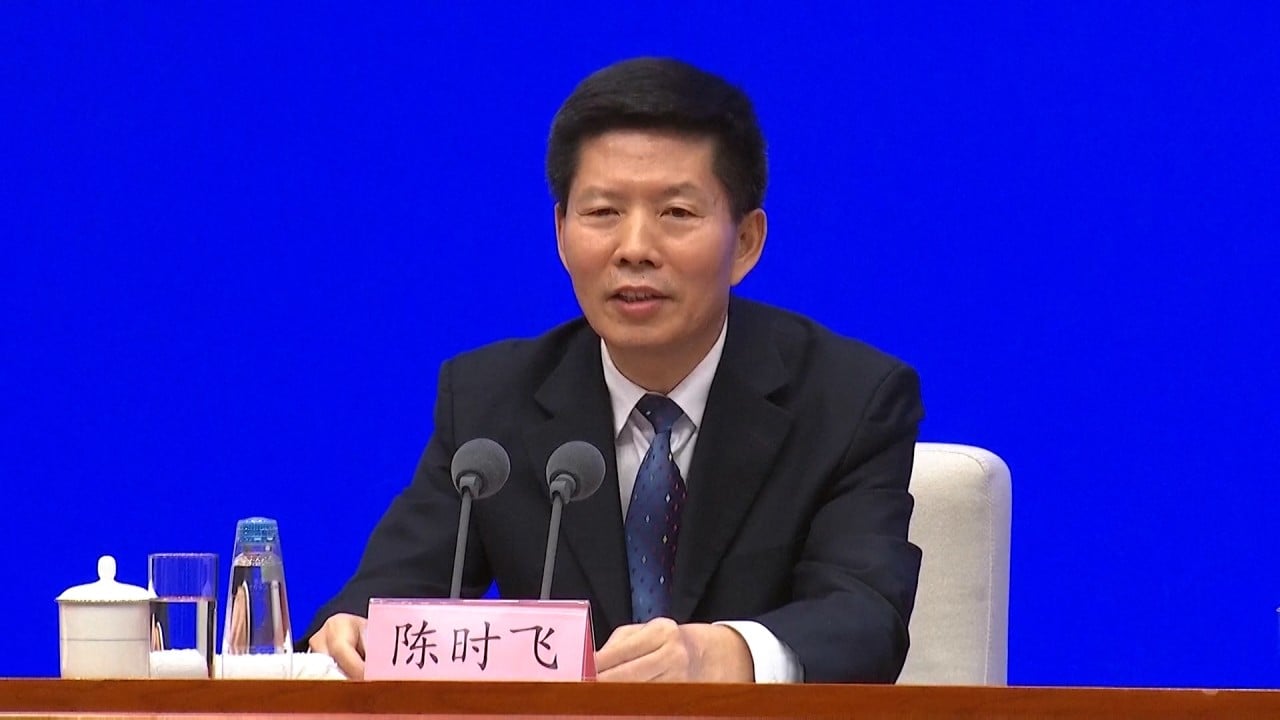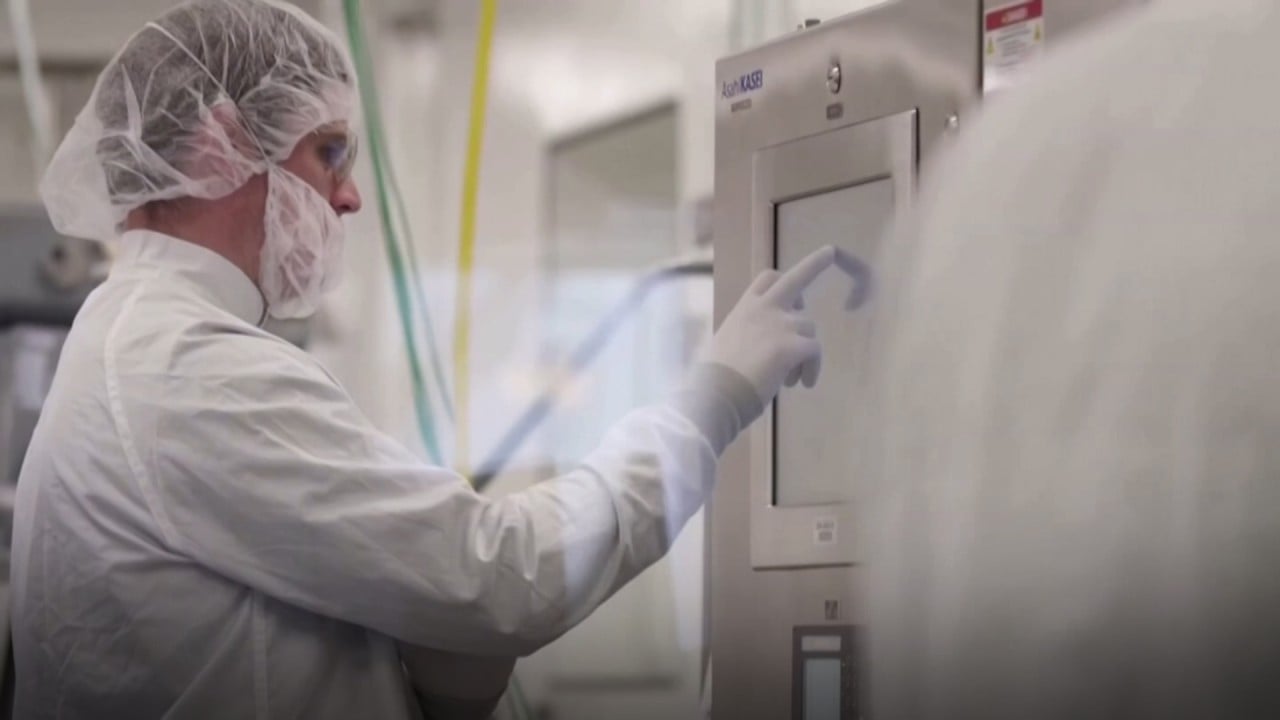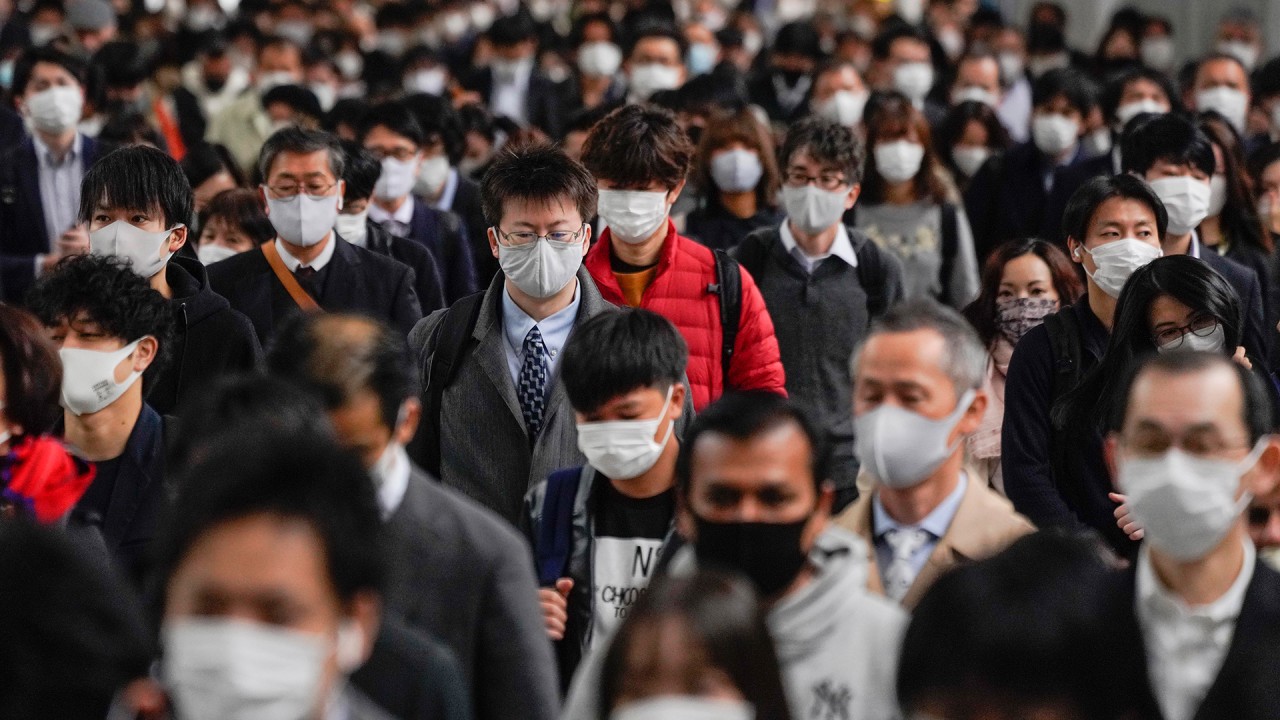
China promises free jabs for all as Sinopharm’s Covid-19 vaccine approved
- The approval comes with conditions but regulator is confident the vaccine is safe and effective
- National Health Commission says the shot is a ‘public good’ and will be provided to national inoculation programme
Covid-19 vaccines will be provided free for everyone in China as authorities approved market launch of the country’s first vaccine and prepared for a stepped-up national roll-out, officials said.
They are confident the vaccine will work on current variants of the coronavirus which causes Covid-19, but cautioned mass inoculations around the world would prompt more variants to emerge – a scenario scientists are already studying to assess the impact on vaccines and testing kits.
The vaccine, developed by Beijing Institute of Biological Products under the China National Pharmaceutical Group (Sinopharm), was approved with conditions on Wednesday night for market launch, Chen Shifei, deputy head of the National Medical Products Administration, said in a briefing on Thursday morning.

01:35
China approves first domestically developed Covid-19 vaccine
“The administration will urge the company to continue with the Phase 3 trial and complete it with guaranteed quality and updated specifications and labels based on the adverse events and data from post-launch studies.”
Chen said the administration had reviewed the relevant data and conducted a series of site inspections to ensure production quality for the vaccine was up to standard. The trial inspection was done remotely but relied mostly on the investigators, he said.
The Sinopharm vaccine was one of three approved for emergency use in July, all in a two-dose regimen, with more than 1.5 million doses provided by November. A further 3 million doses of vaccines have been given since China started mass inoculation of key groups – people with higher risks of contracting or spreading Covid-19 – two weeks ago, according to Zeng Yixin, deputy director of the National Health Commission.
Zeng said as production ramped up the national inoculation programme would be expanded first to people with a higher risk of developing severe symptoms if infected, including the elderly and people with underlying health conditions, and eventually to the general public.
1 million Chinese injected with Sinopharm vaccine under emergency use scheme
The price of the vaccine would be set according to cost, which would come down as production ramped up, but it would be provided to the public for free, he added.
“The vaccine is a public good and the price might vary, but the big premise is it will be provided to the public for free.”
The vaccine, which went through a rolling application, was shown to be safe and 79.34 per cent effective against Covid-19, according to an interim analysis announced by the company on Wednesday.

03:13
World gears up to distribute Covid-19 vaccines as drug makers await medical regulator approvals
The vaccine, which uses an inactivated technology involving a killed Sars-CoV-2 virus, was safe with similar rates of adverse events to other inactivated vaccines, he said.
“Mild fever occurred in less than 0.1 per cent and serious allergy [reaction] occurred in about two per million.”
The approval comes after more contagious variants of the virus were reported in Britain and South Africa, which were then found to have spread to other countries, raising concerns over whether current vaccines will still work.

04:14
Covid-19: coronavirus variants seen in Britain, South Africa spread worldwide
Xu Nanping, vice-minister of science and technology, said experts had been studying the variants and concluded “there is no evidence to prove the variant will have concrete impact on the effectiveness of the vaccine”.
But the ministry had started research based on the assumption that virus variants may have a future impact on vaccines, he said. “We have drafted plans and organised elite research groups to conduct special research on the impact of virus variants on testing reagents, drug development and vaccine effectiveness. We are confident to deal with the impact of virus variants on the use of vaccines.”
The low incidence of side effects was “impressive”, according to John Donnelly, principal with Vaccinology Consulting in the US. He said the efficacy of nearly 80 per cent was also very good, even if not as high as the 86 per cent efficacy that was reported by UAE health authorities following an interim analysis of data from their trial, announced earlier this month.
“If they are combining different trials those numbers are liable to float around a little bit, and so [the difference] doesn’t take anything away from the accomplishment,” he said.
Five stocks lead China’s vaccine race with benchmark-beating runs
But the dearth of data that accompanied the release meant that more was needed to “convince the sceptics” in the scientific community of the results, Donnelly said.
Such information included the margin of error for the efficacy number – a typically reported metric that signals how confident developers are in the data, based on how many infections were reported during the trial.
It would also be important to know whether the vaccine reduced not just mild and moderate disease, but the number of people who became seriously ill, and how the efficacy results broke down by age distribution, Donnelly said.
“In young, healthy people the efficacy of the vaccine might look quite good, but in older people it might not be so great … stratifying by age is one of the important things that all the Western vaccine manufacturers are doing because the risk of death for people over 65 is much higher,” he said.
Coronavirus: the cold, hard challenge of delivering vaccines
Virologist Adam Taylor at Griffith University’s Menzies Health Institute in Queensland, Australia said to fully understand how Sinopharm’s 79 per cent effectiveness was reached it would also be important to know the number of study participants, how many received the vaccine and how many got a placebo.
“With trials ongoing in a number of countries, it’s also not clear which trials Sinopharm are using to arrive at this figure, particularly as the UAE’s Health Ministry earlier announced an efficacy rate of 86 per cent from Phase 3 trials,” he said.
Wu Yonglin, president of China National Biotec Group, a subsidiary of Sinopharm which owns the Beijing Institute, said some 60,000 people were vaccinated, but it was not immediately clear whether he was referring to the total enrolment of overseas trials including the placebo group, or if all participants were factored into the analysis yielding the 79 per cent efficacy reading.
Detailed data will be published in domestic and foreign scientific research journals, he said.


